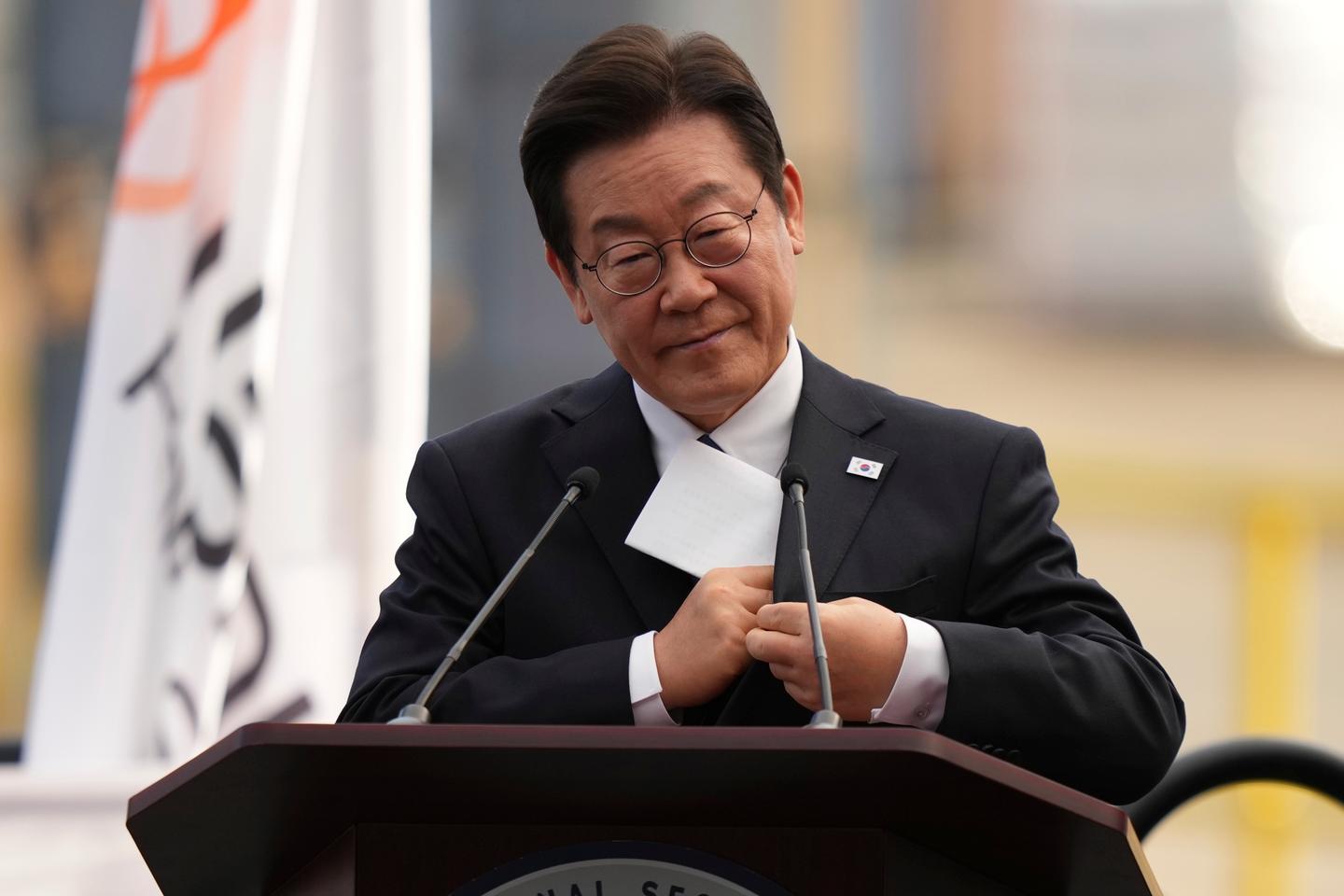


Constitutional reform is a stated priority of the new South Korean presidency, which came to power following the impeachment of the conservative Yoon Suk Yeol, who abusively declared martial law in December 2024 before being removed from office. The reform, however, has encountered substantial resistance.
Yoon's departure and the June election of his successor, the progressive Lee Jae-myung, ended six months of political turmoil. Yet this tumultuous transition has sparked intense debate about the Constitution of the Sixth Republic, which was adopted in 1987. Although the Constitution marked the beginning of the democratic era in Korea − weary after 40 years of military dictatorship − its flaws are seen as having the potential to foment additional political crises.
Lee pledged to overhaul the text, but did not set a timeline. "Determined to end the era of the 1987 Constitution, the Lee administration will propose amendments based on citizen participation to open a new era for South Korea," said Lee Hae-sik, MP for the progressive-majority Democratic Party (DP), on August 13.
Correcting imbalances
The administration aims to address the vulnerabilities of institutions that grant the president, elected for a single five-year term, powers that are considered too extensive. After the declaration of martial law, critics condemned the abuse of power by an "imperial presidency" and the imbalances between the president, the National Assembly and the judiciary.
Yoon, a former prosecutor, has disputed these allegations; the ousted president claims that he had "legitimately exercised presidential powers in the face of a hostile opposition." The political crisis stemmed from tensions between the presidency and the National Assembly that was controlled by the DP, which was then in the majority but effectively in opposition. Prior to martial law, the Democratic majority had dismissed 27 senior officials from Yoon's administration and refused to approve the entire government's budget. The deadlock was all out.
You have 62.79% of this article left to read. The rest is for subscribers only.
